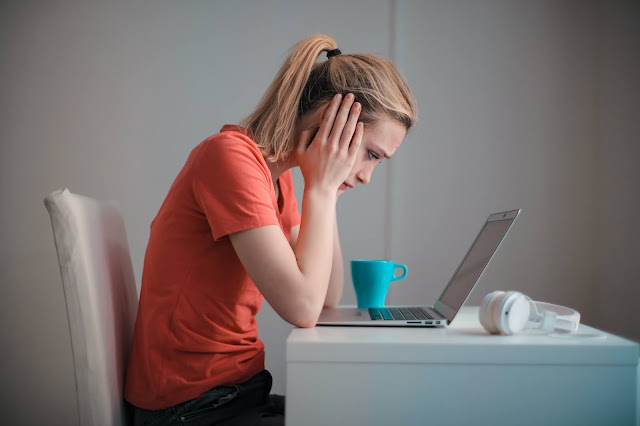Remembering September 11th
This month I've thought a lot about the twin towers and what happened on September 11th, 2001. It's a difficult subject to write about, for me anyway, but I want my daughters to know something of that day. I remember getting a letter from a roommate who was serving a mission when the terrorist attacks occurred and in her letter she said, "Wow. It sounds like the attacks on September 12th were pretty bad." When I read that letter it was only a couple of weeks after the towers had fallen, and even though my friend was on the other side of the world (in fact it probably was nearly September 12th in her time zone when the attacks happened) I felt irritated that she'd gotten the date wrong. It wasn't her fault, of course. But there are some things, some events and memories, that I feel the need to protect and keep whole. I occasionally see slogans that say, "September 11th, 2001: We Remember." I suppose that is what I want. Some sort of remembering or acknowledgement of how our safe, American way of life changed on that day.
I was sitting in a staff meeting with the BYU writing center when someone whispered that a plane had crashed into one of the towers. I was barely awake, it being seven o'clock in the morning, but hearing that news made me uncomfortable. My limbs felt heavy, my eyes were stinging, and I wanted nothing more than to stretch out on the floor and go back to sleep. But I didn't doze off because an undercurrent of anxiety continued to nag at me throughout the hour.
After my meeting I walked across campus and found myself in a group of a hundred students watching the news broadcast in the Wilkenson Center. One of the towers was on fire. The unsettled feeling I had suddenly clicked and I ran to the campus office where I worked and dialed my dad's cell phone number. This is what the message said: "Hi, this is Dan. I'll be in New York for the rest of the week, but leave a message and I'll call you back." I knew that some of his company offices were housed in the World Trade Center, so what kind of message would I leave? I hung up the phone and called my older sister.
My impressions of the next seven or eight hours are vague. My sister was sobbing. "We can't get a hold of Dad," she told me. I left my office and walked around campus in a fog. I remember walking into a lecture hall filled with a couple hundred students and just standing there looking around for Jeremy. We went home. We watched the footage of the towers collapsing over and over again, and then we drove over to the Red Cross and tried to donate blood. The line wrapped around the building.
It was late in the afternoon when I finally reached our close family friends in London, where my family was living at the time. The lines were so tied up it was the first phone call that successfully went through. Without even saying hello, Tina said, "We know. We're watching it right now." I cannot express what it meant that our English friends were watching and worried. There was something about the blending of nationalities that gave me a feeling of solidarity I hadn't felt all day.
"And what about my dad?" I said.
"He's here, he's here," she assured me. "I guess he finished his work in New York a day early and came home yesterday."
I sat until the middle of the night, wrapped in a blanket on my couch, watching the horror of September 11th unfold. My dad was safe. But two hundred and ninety-five of his company employees, plus sixty consultants, died when the towers fell. A total of 2, 752 death certificates were filed relating to the attacks on September 11th. A few weeks later, when that number was released, I remember sitting at a BYU football game staring into the crowd of fans, wondering what a group of 2, 752 people looks like. How many rows or sections? I spent part of one quarter counting, and finally stopped, concluding that it was a lot of people.
Sometimes I wonder if the survivors of Pearl Harbor, or D-day, become impatient with the younger generations who couldn't recall the date of those events if their life depended on it. Who aren't even sure what happened all those years ago. Many of us have traumatic memories associated with September 11th, but personal stories aside, the teacher part of me wonders why it is important that we do remember. That we know what happened and when. If I were teaching a class right now I would ask students to write about what they were doing on September 11th. Then I would ask them to make a list of the changes in our culture and society that can be traced back to that day.
Aristotle said, "If you would understand anything, observe its beginning and its development."
It's easier to not think about the hard things and to allow the terrible tragedies in our country's history to be someone else's story. But I resent that sort of passivity. I think we lose touch with our collective humanity when we look away, and we forfeit the opportunity to understand.


Comments
Post a Comment